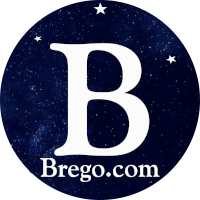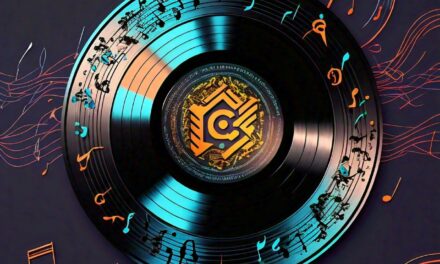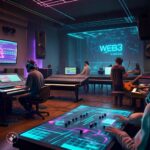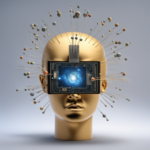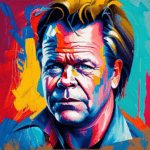The Disruptive Harmony of Web3 Music: Navigating the Controversies and Opportunities
Syndicated by Web3Music.com
The Web3 revolution has been making waves in the music industry, promising decentralized and democratic access to music creation, distribution, and monetization. However, beneath the surface of this disruptive harmony lies a complex web of controversies, opportunities, and uncertainties. In this article, we’ll delve into the current state of Web3 music, exploring the trends, challenges, and educational resources...
Your Support Drives Innovation. Shop Now, Donate Here.
 |
